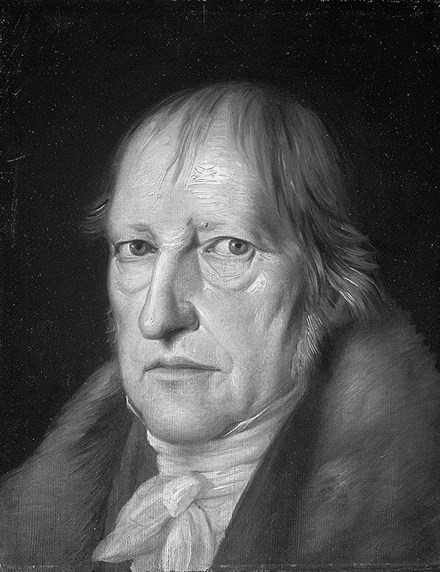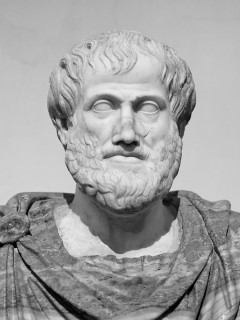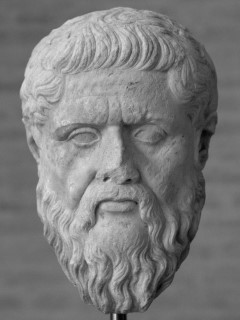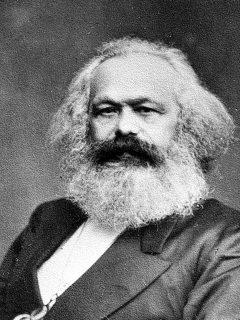
Publication details
Publisher: Palgrave Macmillan
Place: Basingstoke
Year: 2001
Pages: 95-115
ISBN (Hardback): 9781349417667
Full citation:
, "Herbert Marcuse", in: Marxism's ethical thinkers, Basingstoke, Palgrave Macmillan, 2001


Herbert Marcuse
Essence and existence
pp. 95-115
in: Lawrence Wilde (ed), Marxism's ethical thinkers, Basingstoke, Palgrave Macmillan, 2001Abstract
From his early to his later writings, Marcuse's thought is permeated with an ethical imperative, which states that our existence ought to conform to our essence. For Marcuse, this imperative stands as an indictment of bourgeois society which, he contends, persistently denies the realization of our human essence. Before considering how this ethical element governs Marcuse's thought, however, it is important to note the nature of Marcuse's ethics. As we shall see, Marcuse uses the terms ethical and moral interchangeably, but distinguishing between these two terms reveals the true nature of his normative discourse. The ethical can be related to Plato's positing of Socrates' question on "how should one live", whereas morality can be related to the more Kantian notion of general rules which agents, abstracted from their particular situations, are obliged to obey. For Marxism, the ethical rather than the moral can generally be seen as preferable because the moral quickly becomes synonymous with the "kind of abstract individualism promoted by capitalist society". To this extent the ethical in Marxism has been particularly linked with Aristotle's ethical theory which "tries to base ethics on considerations of well-being and of a life worth living" within a social context. Additionally, however, the Hegelian critique of Kant's notion of morality should also be emphasized.
Cited authors
Publication details
Publisher: Palgrave Macmillan
Place: Basingstoke
Year: 2001
Pages: 95-115
ISBN (Hardback): 9781349417667
Full citation:
, "Herbert Marcuse", in: Marxism's ethical thinkers, Basingstoke, Palgrave Macmillan, 2001






